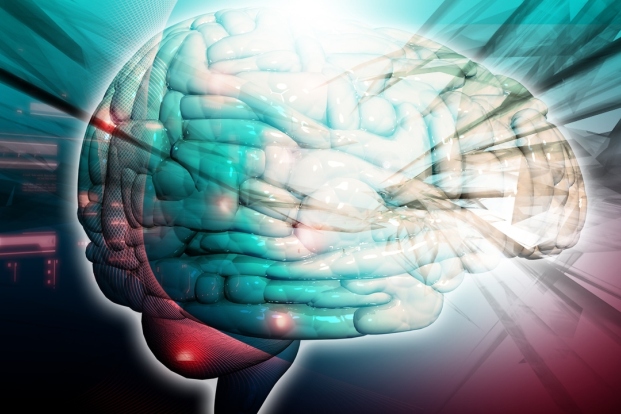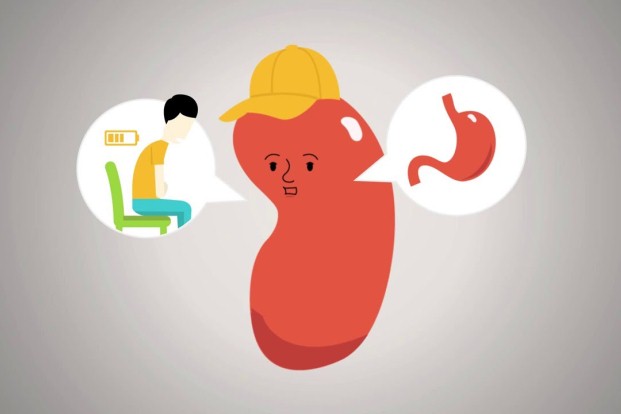Treatment of Stroke
Apr 19, 2022
Treatment of stroke depends on several factors. They comprise of the kind of stroke and its duration of prevalence. The sooner we could seek assistance post a stroke, the more likely we all would have a better healing.

Treatment of TIA or Transient Ischemic Attack
Treatment of TIA comprises of having medicines which would help in the prevention of future strokes. These medicines comprise of antiplatelets& anticoagulants.
Antiplatelets lower the possibility that components of our blood known as platelets would stick together & lead to a clot. Bufferin or Aspirin & Plavix or clopidogrel are the antiplatelet medications. Anticoagulants are the medicines which lower the build-up of the clotting proteins. Many different kinds of such medications are available including Coumadin or warfarin and Pradaxa or dabigatran.
Doctors may also recommend surgery known as an endarterectomy. This removes the plaque buildup within a carotid artery of our neck which is a big reason for stroke.
Treatment of ischemic stroke
The treatment for ischemic stroke we receive depends on how fast we get to a hospital. Treatment also depends on our medical history. If we seek treatment within 3 hours for this kind of stroke, our doctor may be able to provide us a medicine which is known as TPA or Tissue Plasminogen Activator. This medication given through an IV has the ability to dissolve a clot. However, everyone cannot receive TPA because of the risk of bleeding. Our doctors have to carefully consider our medical history prior to administering the TPA. Doctors could use the procedures for physically removing the clot or provide clot-busting medicines to our brain. These treatments are not always beneficial because our medical history can put us at risk of certain side effects.
Treatment of Hemorrhagic stroke
Treatment for this stroke comprises trying to curb bleeding within our brain and lower the side effects linked to brain bleeding. Side effects comprise increased intracranial pressure. Surgical procedures comprise coiling or surgical clipping. These are made to keep blood vessel from bleeding further. We can be given medicines for lowering the intracranial pressure. We may also require blood transfusions to raise the amount of blood-clotting material within our blood to try to stop the bleeding.








